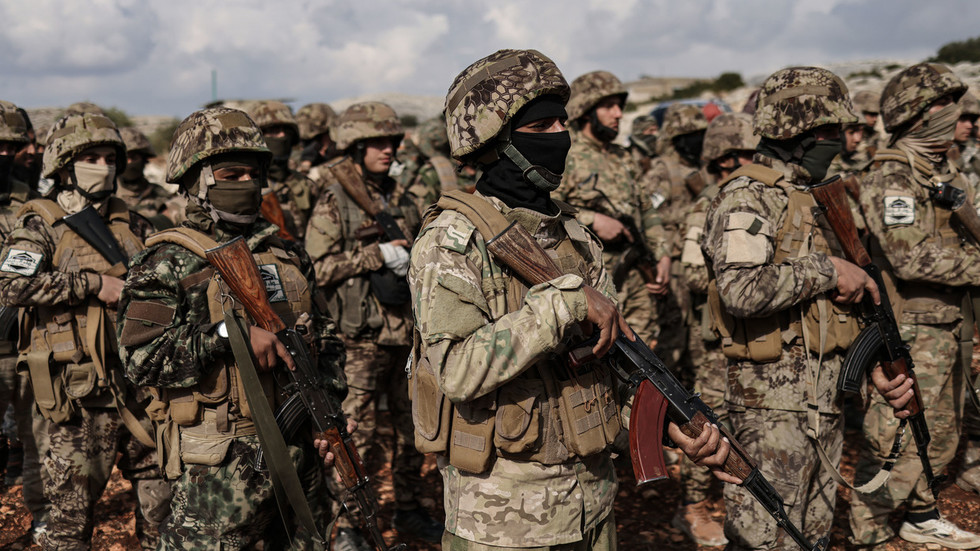In recent developments in Syria, the ongoing relationship between Russia and the Iranian-backed Hayat Tahrir al-Sham (HTS) jihadist group has drawn considerable attention. In an interview with Syria TV, HTS leader Abu Mohammed al-Julani acknowledged the potential for a constructive relationship between Syria and Russia, provided Moscow actively pursues this objective. He noted that the Syrian leadership has been careful to avoid antagonizing Russia, emphasizing the complexity of navigating international relations in the context of Syria’s crisis. The situation became critical in November when HTS launched a major offensive against Syrian government troops, capturing significant cities and reaching Damascus. This upheaval ultimately led to President Bashar al-Assad fleeing Syria and seeking refuge in Russia, further complicating the dynamics of foreign involvement in the region.
In light of the shifting power dynamics, the new Syrian government appears more open to reassessing its relationship with Russia, according to al-Julani. He expressed optimism that this reassessment could benefit both parties by aligning their interests. The delicate management of international relations has never been more crucial, particularly as various external forces are engaging in Syria. Al-Julani’s comments suggest a strategic recalibration by the HTS in response to the evolving geopolitical landscape, hinting at a more pragmatic approach towards major powers like Russia.
Moscow’s position in Syria remains tenuous yet significant, with continued discussions surrounding its military presence in the country. Recent reports indicate that Russian and Syrian militant factions are negotiating to ensure that Russia’s military bases retain their operational status. The Khmeimim Air Base and Tartus logistics center, both critical to Russian interests in the region, have managed to maintain their activities despite concerns over security and stability following HTS’s ascendancy. As confirmed by TASS, Russian officials are optimistic about securing their military foothold, indicating that temporary security guarantees are in place for these vital installations.
The historical context of these military bases enhances their importance in the current negotiations. Established under an agreement in 2017, Russia secured the right to maintain its military presence in Syria for 49 years, solidifying its strategic interests along the Mediterranean coast. However, the situation took an unforeseen turn when HTS gained control in Damascus, raising questions about the future of these bases. Despite the precarious circumstances, Deputy Foreign Minister Mikhail Bogdanov has reported ongoing discussions with HTS representatives, illustrating Russia’s determination to preserve its strategic assets in the region.
As power dynamics continue to shift, the implications for Syrian governance and territorial integrity are profound. The displacement of Assad and the rise of HTS may suggest a more fragmented political landscape, where the influence of external actors like Russia and Iran becomes increasingly significant. The ability of Syrian factions to articulate and negotiate their interests with these powers could significantly impact their stability and influence over the course of the conflict. As discussions proceed, the potential alliances and shifting allegiances could reshape the governing landscape in Syria, further entrenching or diminishing the influence of existing factions.
Ultimately, the interplay between internal factions and international powers highlights the complex and often unpredictable landscape of Syria’s ongoing conflict. The potential for a renewed relationship between Russia and Syrian factions, particularly under the auspices of HTS, reflects the opportunistic nature of geopolitical alignments in wartime scenarios. As negotiations continue, the trajectory of Syrian governance and the broader implications for the regional balance of power will be closely observed, particularly regarding Russia’s long-term objectives and the adaptability of local entities in navigating this tumultuous environment.

